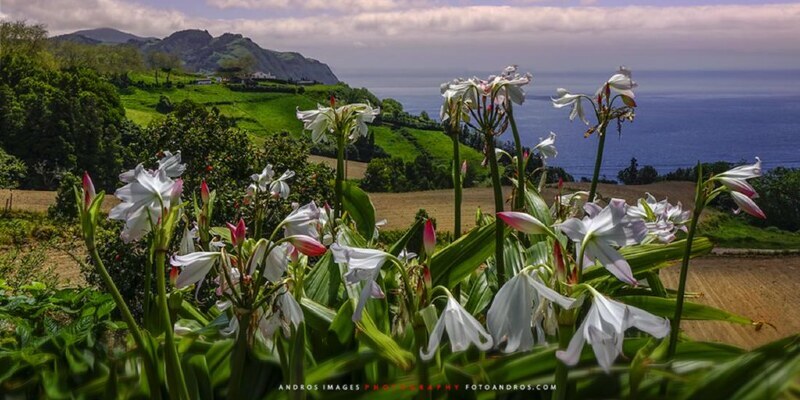The Best Plant Food for Wave Petunias
Wave petunias (Petunia x hybrida) are a vibrant garden annual using a cascading growth habit. Their tolerance for heat and minimum maintenance requirements make them a nice addition to this landscape for seasonal colour. The blossom season of these spreading petunias could be maximized through regular feedings. The stage of growth your petunias are in will help determine what plant food is the best option. Follow the recommendations on the fertilizer packaging for appropriate application rates.
Preparing for Petunias
Wave petunias require fairly fertile soil. If you are planning to incorporate petunias to an area of your landscape, improve the soil fertility by adding peat moss, leaf compost or well-decomposed manure. This will add nutrients to the soil while also improving soil drainage and water retention. An alternative for planter beds and container plantings is incorporating a timed or slow-release fertilizer. This will release the fertilizer over a period of time rather than all at once that lowers the need for much more frequent reapplication.
New Petunias
If lately you have planted your wave petunias, then you can use a dry, water-soluble fertilizer. Choose a fertilizer with equal elements of nitrogen, phosphate and potash. This may be added into the soil prior to planting or it can be used alongside newly planted petunias. Make sure you water the fertilizer into the soil so it will begin releasing nutrients. If you’re growing your petunias from seed, they need to be fertilized every a couple of weeks using a diluted liquid fertilizer once the seedlings reveal their first true leaves.
Established Planters
For areas with established wave petunias, the best way to feed your plants is utilizing a liquid fertilizer. Since wave petunias cover the ground using their spreading growth, it is a lot easier to fertilize them through the water than attempting to incorporate fertilizer into the soil. Utilize an all-purpose liquid fertilizer for these programs.
Fertilizer Timing
Over-fertilizing your wave petunias could result in excessive vegetative growth and fewer flowers. Fertilizing once weekly to every 2 weeks is the general recommendation. For the best results, have a soil test performed on the area you’ll be planting petunias to ascertain what nutrients might want to be added. Additionally, monitor the development of your plants. If leaves become yellow, this could indicate a deficiency of iron or nitrogen that could be corrected through fertilizer software.
